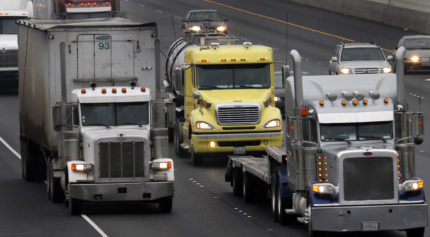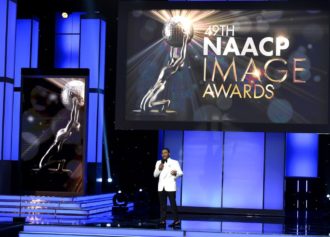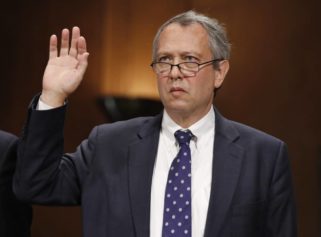There are plenty of reasons people still live all-cash lives, but the sheer number who do it might surprise you. At a time when the majority of Americans use online banking, and some even deposit checks using their cellphone cameras, roughly 8 percent of America’s 115 million households don’t have a checking or savings account, according to census data compiled by the FDIC.
The numbers are far higher among minorities: More than 20 percent of African-Americans and Hispanics are essentially left out of the American banking system.
Frozen in the cash-only past, they face myriad “kick-them-while-they-are-down” situations where getting money costs money. Banks typically charge $6 to cash checks. Want to secure an apartment? Fee-based money orders are the only option. Without credit cards, they must turn to triple-digit interest rate payday loans for emergencies.
Who are the unbanked? Many are poor – 56 percent earn less than $15,000 annually. Some are homeless or undocumented workers, fearful of any system that might create a paper trail. But the majority of the unbanked have held checking accounts in the past, according to the FDIC, meaning the reasoning lies elsewhere. Ask them why they don’t have a bank account, and a quarter of them will say they don’t see the value in it. With savings account interest rates stuck at almost zero, that’s hardly irrational.
Lasonia Christon of Jackson, Miss., tries to avoid getting paid in checks, but when her state tax refund for $231 arrived recently, she had to pay $7 to cash it at a nearby convenience store.
Christon works at Wal-Mart. Her paychecks are deposited onto a prepaid debit card — an improvement over old-fashioned paper paychecks, which led to high check-cashing fees. It’s hardly a good substitute for direct deposit, however. One cash withdrawal per period is free, but others cost $2. She can avoid the fee by shopping at Wal-Mart and getting cash back at checkout.
She is among the 60 percent of unbanked American who previously had a checking account. Christon used to share one with her sister, but it cost her dearly.
“There was an overdraft here and an overdraft there, and it just didn’t work out,” she said.
Read more: NBC


